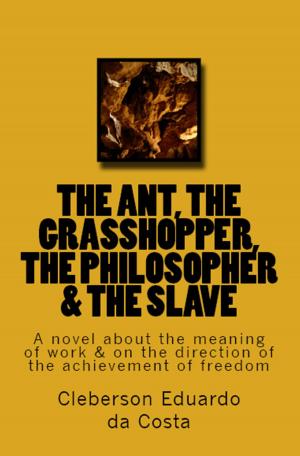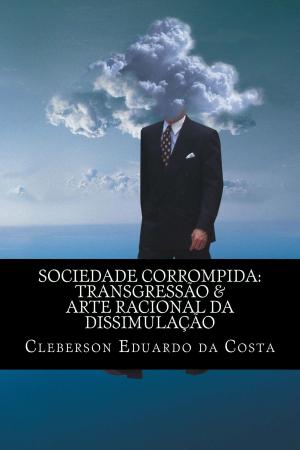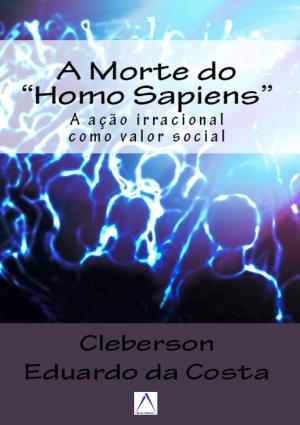To Be (everything) What one can Be
Axioms Of Aristotle
Nonfiction, Science & Nature, Science, Other Sciences, Study & Teaching, Philosophy & Social Aspects| Author: | CLEBERSON EDUARDO DA COSTA | ISBN: | 1230000269113 |
| Publisher: | ATSOC EDITIONS - EDITORA | Publication: | September 19, 2014 |
| Imprint: | 1 | Language: | English |
| Author: | CLEBERSON EDUARDO DA COSTA |
| ISBN: | 1230000269113 |
| Publisher: | ATSOC EDITIONS - EDITORA |
| Publication: | September 19, 2014 |
| Imprint: | 1 |
| Language: | English |
(A5, 100 P.) - “To be (everything) what one can be" translates into the development of humanization and/or intellectual autonomy, these being based, among other things, on the individual's capacity to be, collective and individual:
1- Politically participative;
2- Socially equitable;
3- Morally and ethically reflective;
4- Aesthetically creative;
- Culturally tolerant and respectful of differences;
6- Socio-environmentally responsible;
7- Economic and socially self-sustaining;
8- Intellectually autonomous, emancipated and/or capable of learning to learn.
9- Cultural and politically cosmopolitan, that is, capable of becoming a citizen of the world, developing in itself a planetary citizenship.
"To be (everything) what one can be", in this sense, is to be able to exercise the reflective and rational capacity that every "being" naturally brings in itself, being this directed to the development of its creative potentiality and evaluative not only for the break , but also, as Nietzsche would say, for the creation of new values.
If for Nietzsche man must be overcome, this overcoming cannot happen when the forms of knowledge – instituted by man, whatever they are – become dogmatic, orthodox, paradigmatic and crystallize as the only so-called "sources of truth ".
"To be (all) what one can be" within this context is to have in it a light spirit, capable of transcending and transiting through all the so-called ways of knowing, seeking to establish dialogues between them. It is "to be" knowing that being "complete and finished, finalized", when it exists, is not humanized, but predetermined, Mediocrized. That is, being (all) what you can be is:
1- Being able to be, as a social being and political animal (Aristotle), being rational and / or reflective; this is:
2- To be actively participating, individually or collectively, in the directions of the polis.
(A5, 100 P.) - “To be (everything) what one can be" translates into the development of humanization and/or intellectual autonomy, these being based, among other things, on the individual's capacity to be, collective and individual:
1- Politically participative;
2- Socially equitable;
3- Morally and ethically reflective;
4- Aesthetically creative;
- Culturally tolerant and respectful of differences;
6- Socio-environmentally responsible;
7- Economic and socially self-sustaining;
8- Intellectually autonomous, emancipated and/or capable of learning to learn.
9- Cultural and politically cosmopolitan, that is, capable of becoming a citizen of the world, developing in itself a planetary citizenship.
"To be (everything) what one can be", in this sense, is to be able to exercise the reflective and rational capacity that every "being" naturally brings in itself, being this directed to the development of its creative potentiality and evaluative not only for the break , but also, as Nietzsche would say, for the creation of new values.
If for Nietzsche man must be overcome, this overcoming cannot happen when the forms of knowledge – instituted by man, whatever they are – become dogmatic, orthodox, paradigmatic and crystallize as the only so-called "sources of truth ".
"To be (all) what one can be" within this context is to have in it a light spirit, capable of transcending and transiting through all the so-called ways of knowing, seeking to establish dialogues between them. It is "to be" knowing that being "complete and finished, finalized", when it exists, is not humanized, but predetermined, Mediocrized. That is, being (all) what you can be is:
1- Being able to be, as a social being and political animal (Aristotle), being rational and / or reflective; this is:
2- To be actively participating, individually or collectively, in the directions of the polis.















